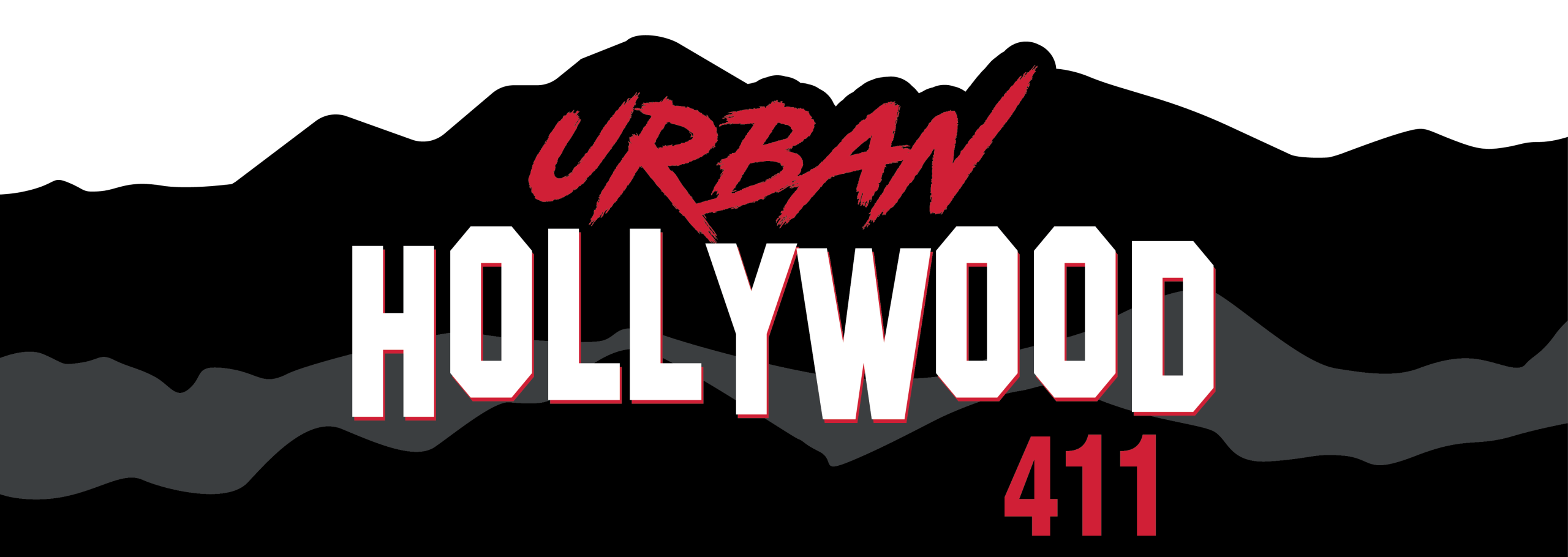Netflix’s new documentary Biggie: I Got a Story to Tell premiered Monday, and recounts the Notorious B.I.G.’s journey from street hustler to king of New York City rap.
The film explores Biggie’s childhood and the influence it had on his music versus the details surrounding his mysterious death in 1997.
In the trailer, he is shown standing on a street corner rapping. His mother Volleta Wallace says, “He was a very smart kid.”
The film includes the harrowing moment his mom got the phone call after her son was killed in a drive-by shooting in Los Angeles just after midnight on March 9, 1997.
A gunman opened fire on Biggie’s 3-car motorcade once he left an after-party at the Petersen Automotive Museum with Sean “Diddy” Combs and others following an industry event.
Biggie was in the middle vehicle when a gunman pulled up next to him and fired into the passenger side where he was was sitting. The rapper was rushed to a hospital right down the street, but he died after being shot multiple times. He was just 24 years old.
A retired LAPD detective has gone on the record and said those inside the police department know how and why the crime unfolded. “It’s solved but unprosecuted,” he recently told Fox 11.
ABC News reported the FBI opened an investigation into the murder years ago, but no one was ever arrested and the case remained unsolved.
In the documentary, video from the rapper’s funeral shows crowds of people gathered in Brooklyn to say their final goodbyes.
“Nobody was crying. They were all celebrating. Their memories of Biggie was of the joy, was the dancing, of seeing somebody that came from their neighborhood make it,” Notorious B.I.G.’s friend Diddy says during his commentary.
The documentary also recounts Christopher Wallace’s strict upbringing, his family’s annual summer visits to Jamaica where he was introduced to the sound system culture by his music-loving uncle, and learning the beats of snare drums with his jazz musician neighbor in Brooklyn.
Audiences get a chance to see how his childhood formed him into the supreme lyricist and rapper he eventually became.
The authorized film later looks at Biggie’s involvement in selling crack cocaine in his teenage years, but tries to be more a celebration of Biggie’s life and career and his transformation to a rapper from a street hustler.
As Diddy says at the beginning of the film, “This story doesn’t have to have a tragic ending.”
Discover more from Urban Hollywood 411
Subscribe to get the latest posts sent to your email.







